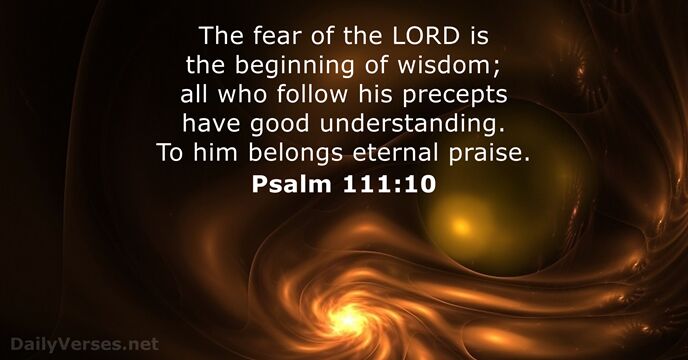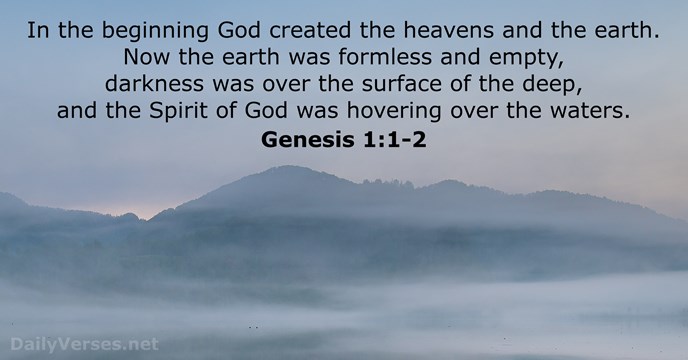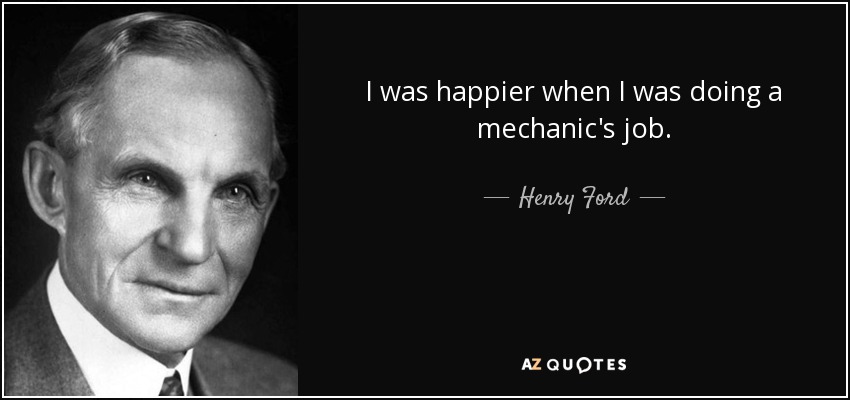Click here to return to Blog Post Intro

Why Do So Many People Believe that Pleasure or Things Will Make Them Happy?
Hedonism
In chapter 2 of Ecclesiastes, Solomon takes us from intellectualism to hedonism.
Many young men and women in America go through a stage in their lives where they believe if they make it, shoot it, drink it, embrace it, and guzzle it, then they will find joy. Listen to the wisdom of Solomon:
I said to myself, “Come now, I will test you with pleasure to find out what is good.” But that also proved to be meaningless. “Laughter,” I said, “is madness. And what does pleasure accomplish?” I tried cheering myself with wine, and embracing folly—my mind still guiding me with wisdom. I wanted to see what was good for people to do under the heavens during the few days of their lives. – Ecclesiastes 2:1-3
Solomon stimulated himself with wine, women, and song and took notes. What did he find?
The only way to live for pleasure is to deny the reality of people hurting all around you with no ultimate meaning and purpose in life. It’s madness.
Our affluence in America makes it easy to create a god out of personal pleasure and comfort. Your comfort may not be drinking with your buddies. I may be having perfect vacations. Or enjoying fine things in your home. Or watching college sports. Whatever it is, it, too, is futility. If you think there’s some pleasure that will make you happy, in the end you will never be satisfied.
After Hedonism, Materialism
Solomon tries accomplishments and career success to bring meaning to life.
I undertook great projects: I built houses for myself and planted vineyards. I made gardens and parks and planted all kinds of fruit trees in them. I made reservoirs to water groves of flourishing trees. I bought male and female slaves and had other slaves who were born in my house. I also owned more herds and flocks than anyone in Jerusalem before me. I amassed silver and gold for myself, and the treasure of kings and provinces. I acquired male and female singers, and a harem as well—the delights of a man’s heart. I became greater by far than anyone in Jerusalem before me. In all this my wisdom stayed with me.
I denied myself nothing my eyes desired;
I refused my heart no pleasure.
My heart took delight in all my labor,
and this was the reward for all my toil.
Yet when I surveyed all that my hands had done
and what I had toiled to achieve,
everything was meaningless, a chasing after the wind;
nothing was gained under the sun. – Ecclesiastes 2:4-11
He built and achieved everything he could want. (Note that “self” is used six times in the previous verses). He accumulated great wealth in silver and gold.
Johnny Carson once said, “The only value of money is that you don’t worry about being poor.”
Solomon didn’t stop with money. Nelson explains, “Some people interpret the words in the second half of verse 8 as ‘instruments’ and others as ‘concubines.’ Now I enjoy a flute as much as the next guy, but I wouldn’t call it the pleasure of men. I think the Hebrew word means concubines.”
Every pleasure he could conceive, Solomon tried it.
Solomon’s Conclusion
In verses 12-17, he says, “Here is my reflection.”
Then I turned my thoughts to consider wisdom,
and also madness and folly.
What more can the king’s successor do
than what has already been done?
I saw that wisdom is better than folly,
just as light is better than darkness.
The wise have eyes in their heads,
while the fool walks in the darkness;
but I came to realize
that the same fate overtakes them both.
Then I said to myself,
“The fate of the fool will overtake me also.
What then do I gain by being wise?”
I said to myself,
“This too is meaningless.”
For the wise, like the fool, will not be long remembered;
the days have already come when both have been forgotten.
Like the fool, the wise too must die!
So I hated life, because the work that is done under the sun was grievous to me. All of it is meaningless, a chasing after the wind.
The world consumes you. Solomon comes to the same conclusions in 1000 B.C. that modern man reaches. Solomon is a 1000 B.C. man with a twentieth-century depression.
I hated all the things I had toiled for under the sun, because I must leave them to the one who comes after me. And who knows whether that person will be wise or foolish? Yet they will have control over all the fruit of my toil into which I have poured my effort and skill under the sun. This too is meaningless. So my heart began to despair over all my toilsome labor under the sun. For a person may labor with wisdom, knowledge and skill, and then they must leave all they own to another who has not toiled for it. This too is meaningless and a great misfortune. – Ecclesiastes 2:18-21
Solomon says that he ended up hating the things he had built and accumulated because he knew that he could not take them with him. Note his progression: he hates his labor, then he completely despairs. Solomon is depressed. This is the inevitable ending of a life without God.
Solomon is humanity in a microcosm. A life built on self heads toward depression and despair.
What do people get for all the toil and anxious striving with which they labor under the sun? All their days their work is grief and pain; even at night their minds do not rest. This too is meaningless.
A person can do nothing better than to eat and drink and find satisfaction in their own toil. This too, I see, is from the hand of God. – Ecclesiastes 2:22-24
Wealth, pleasure, knowledge, accomplishments—there is nothing “in man” that he can learn or do that can give him happiness and peace. Man can find nothing in this finite life to give him an infinite peace.
Solomon Gives Us The Answer
In verse 26, Solomon shows that it’s not enough to believe in God intellectually; we also need to be someone who is good in His sight.
To the person who pleases him, God gives wisdom, knowledge and happiness, but to the sinner he gives the task of gathering and storing up wealth to hand it over to the one who pleases God. This too is meaningless, a chasing after the wind.
What does the Bible say is the beginning of wisdom?

For the man who fears God, the lights come on and he sees life correctly. Not only that, but he has his knowledge and true joy.
What is the most important verse in the Bible?

That’s easy. It’s Genesis 1:1—“In the beginning, God…” If you want to understand reality, you have to start with God.
If you don’t know God, you don’t know anything He made. If you know Him, the whole world lies open before you.
As Solomon put it in Proverbs 14:6, “A scoffer seeks wisdom and finds none, but knowledge is easy to him who has understanding.”
May you know God and have understanding, as you shoot for the stars!


